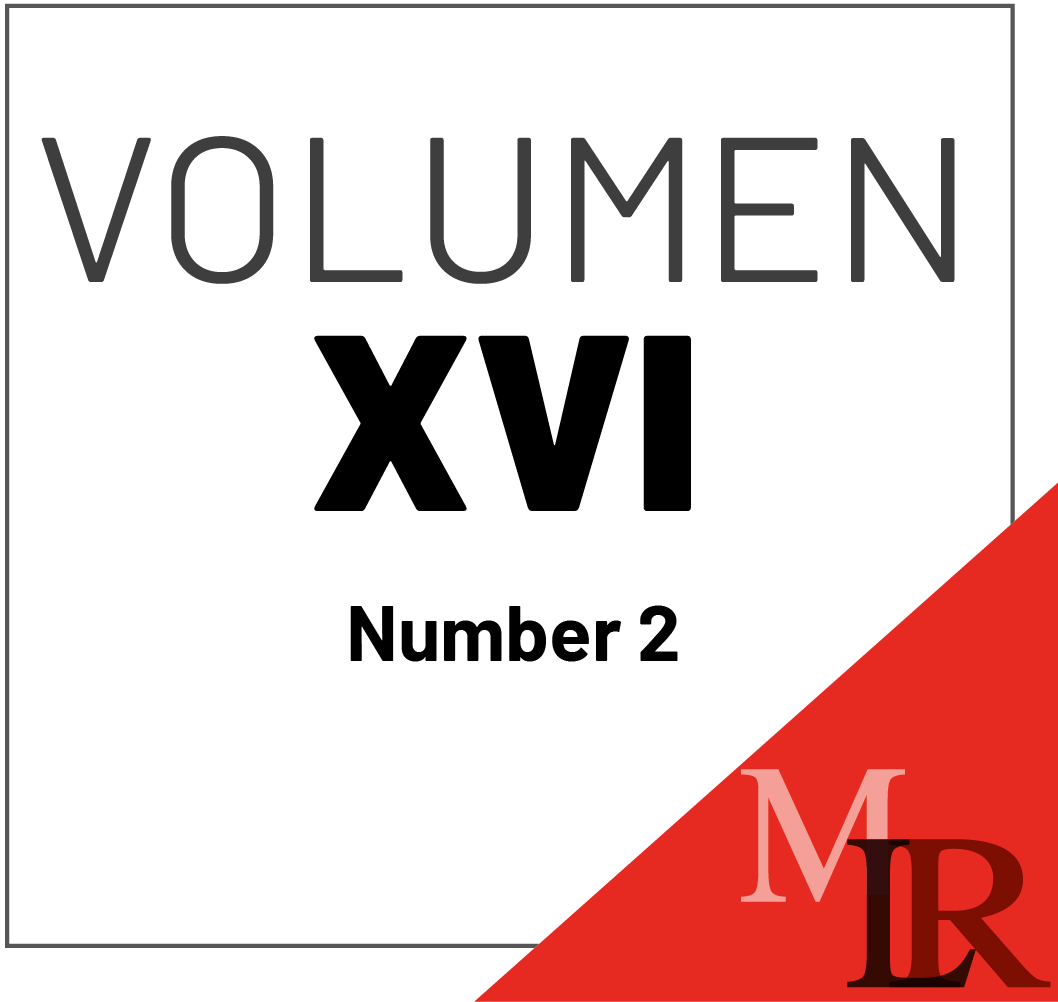The Constitutionality of the Proportionality Test to Prove Money Laundering
For years, combating money laundering has been a priority for the Mexican State. Frontal attack strategies have been used against criminal groups but have not yielded the expected effectiveness, as violence continues to escalate. This work begins with an assessment of the legal punishments applied to cases of money laundering in Mexico. Subsequently, it presents the fundamental rights that might be compromised in the process of collecting evidence and explores the use of the proportionality test as a parameter and method to ask judges to accept only admissible evidence to thus avoid issues of unconstitutionality. Finally, some evidence that can be employed to substantiate money laundering offenses and secure convictions are outlined. Furthermore, recommendations for public policy are made to address and enhance the efforts of stakeholders engaged in combating this crime, since to date, effectiveness in obtaining convictions has been remarkably low.
Article Details

This work is licensed under a Creative Commons Attribution-NonCommercial-NoDerivatives 4.0 International License.





























